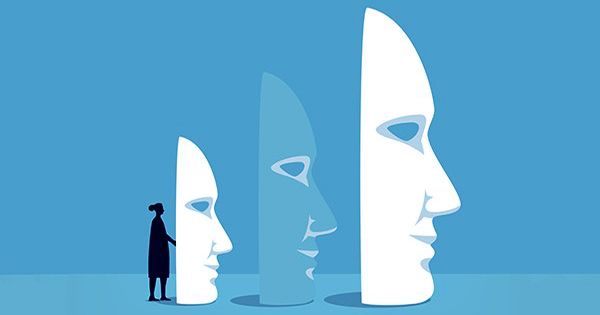Reform of drug laws has become a major topic of debate in recent years, with a growing number of states and nations deciding to decriminalize or legalize certain substances after decades of bans.
The pace of change has caused a rift in opinion, with some governments being praised for being brave while others have expressed concern about the potential damage that liberal policies will result. Yet with the advent of solid data, scientists are now gaining a more solid idea of how policy changes affect drug use and drug markets. For example, a new study in the journal Addiction reveals how the legalization of recreational cannabis has changed the nature of the market for various illicit drugs in the United States. To date, 15 states, including the District of Columbia, have enacted the Recreational Cannabis Act (RCL), which has resulted in drastic changes in the quantity and potency of other illicit drugs on the streets.
Lead author Dr. Angélica Meinhofer explained in a statement, “The results of our investigation prove that the illicit drug market may not be more independent than regulating the legal cannabis market.” “As more states move toward legalization and as post-RCL implementation data becomes available, we will need to do more research to determine what recreational cannabis laws cause these changes in the illicit market and what happens in the long run.” To conduct their research, the authors collected data collected by the Drug Enforcement Agency regarding the value and concentration of illicit marijuana, heroin, cocaine, amphetamines and other opioids in the states with RCLs.
They also used data from a crowdsourcing tool called Price of Wade to determine how the price of illegally purchased cannabis has changed in the state since the laws were passed. The results indicate that the price of illicit cannabis in the state with RCLs has dropped by 9.2 per cent, with 19.5 per cent for “low quality” illicit cannabis. In this national state, weeds can only be legally purchased from licensed retailers, such as dispensaries, and any cannabis sold by unlicensed traders remains illegal.
















